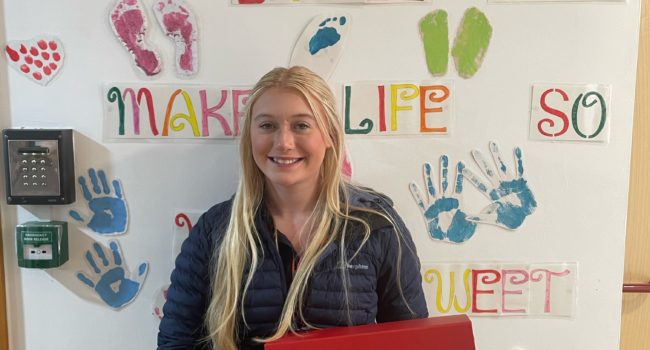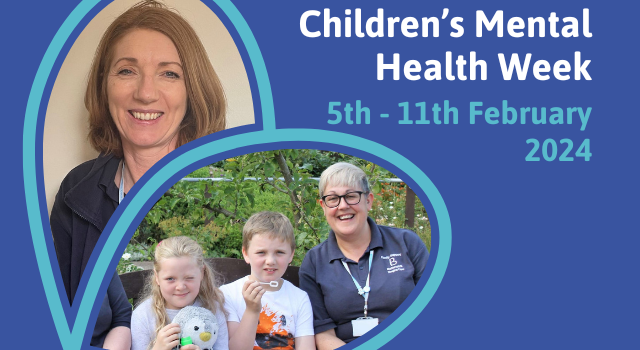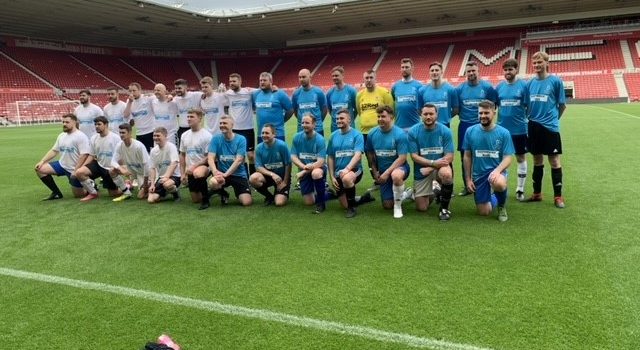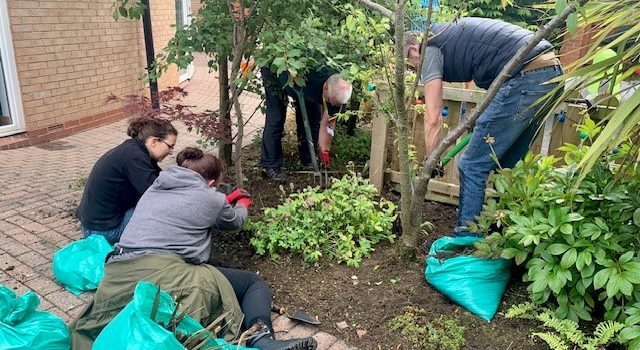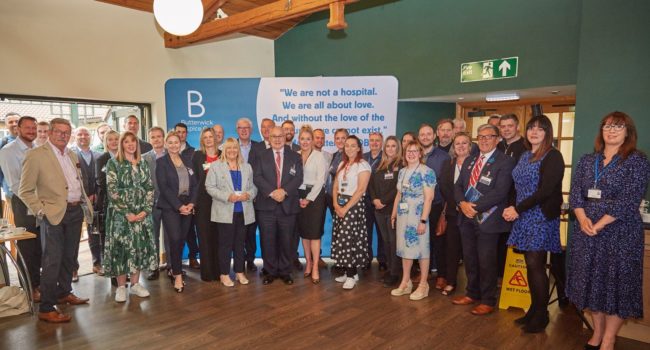Tube Feeding Awareness Week 4 – 10 February
Today marks the start of Tube Feeding Awareness Week and we wanted to share some insight from the perspective of our Children’s Hospice.
Many of the children we care for are tube fed, and we wanted to share the knowledge we have about why understanding about this essential care is so important. We caught up with Julie, Clinical Manager of the Children’s Hospice and the team to find out more…
What are the different types of Tube Feeding?
Depending on the needs of the patients, there are several different types of tube feeding which include:
Nasogastric or NG Tube – this is where the feeding tubes is placed in the nose and passed down to the stomach.
Orogastric or OG Tube – this is where the feeding tube is placed in the mouth and passed down to the stomach.
Gastric or G Tube – this is a permanent feeding tube, that is placed through the abdomen to either the stomach (gastric or G tube) or small intestine (jejunostomy or J tube).
Why might someone need to be Tube Fed?
There are lots of reasons why someone might need to be tube fed and the body does better with food delivered to the stomach rather than having artificial nutrients and fluids sent through an IV and into the blood. The best option where possible, if someone is unable to feed themselves, is for that person to receive food and fluids in the stomach for normal digestion.
One of the main reasons why the children and young adults we care for are tube fed, is because they have dysphagia, meaning they are unable to chew or swallow. This can cause food and drink to be inhaled into the lungs through the trachea rather than into the oesophagus that leads to the stomach.
Lots of people, at any age can require temporary or permanent tube feeding with conditions such as; Crohn’s disease, coma, digestive system injuries, Gastrointestinal cancer, oesophageal disease, paralysis, recovery after surgery or short bowel syndrome.
Do you need specialist training to be able to deliver this type of care?
You do require specialist training to deliver this type of essential care, but it is often delivered as part of a wider course, for example Specialist Paediatric Nurses will have had specific training and experience administering tube feeding, but a Health Care Assistant or Nurse who hasn’t worked on specific wards or environments before, might not have experience of this. We ensure that our team are regularly trained and we deliver top-up sessions for this and our other care practices to make sure we’re always using the latest and safest methods and delivering best practice.

